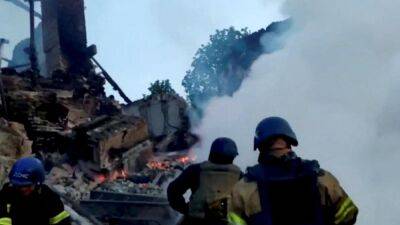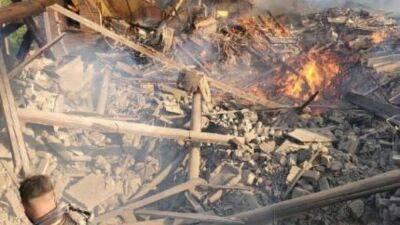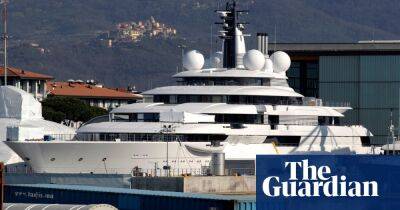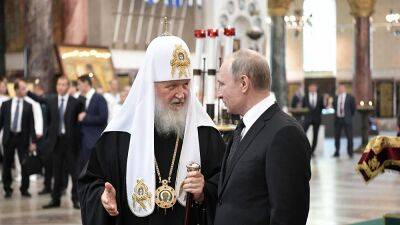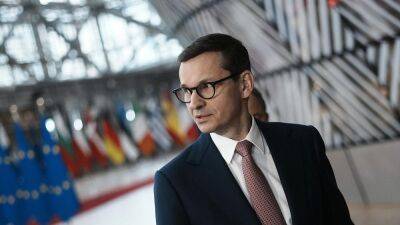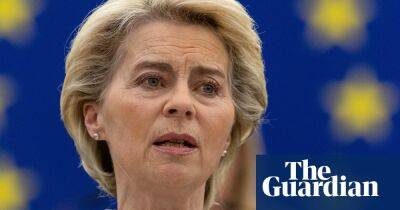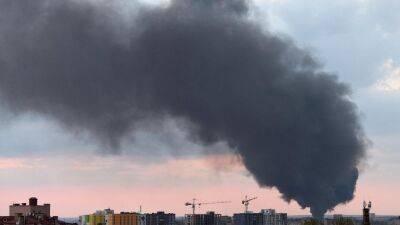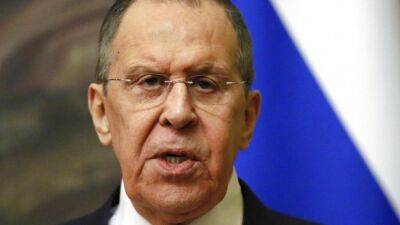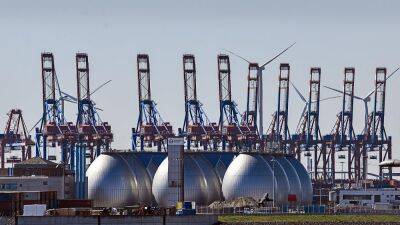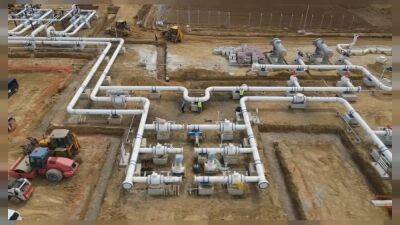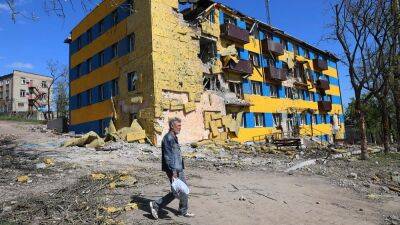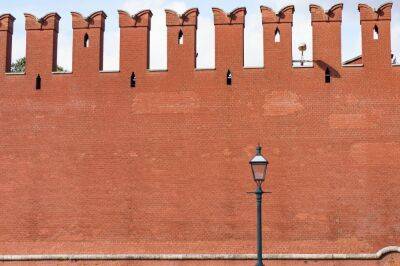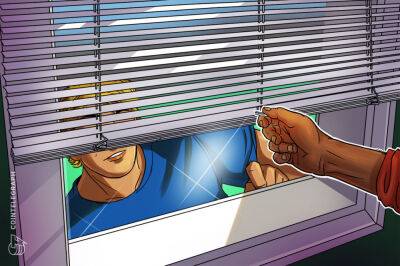The Guardian view on banning Russian oil: defunding Putin’s war machine
How far and fast should Europe go? In its ferocity and scale, Vladimir Putin’s February invasion of Ukraine caught the west unawares. But since then, the European Union has surprised itself by the speed, unity and depth of its response. In stark contrast to Britain, a generous EU-wide refugee scheme was quickly devised. A flow of defensive weapons across the Ukrainian border has provided invaluable military assistance to Kyiv. The scale of sanctions on individuals, banks and businesses has been unprecedented.
But even as these measures were being enacted, EU member states were handing Mr Putin billions of pounds each week to pay for imports of Russian oil and gas. As Ukraine’s president, Volodymyr Zelenskiy, has repeatedly underlined, European energy dependency on Moscow has provided the financial fuel to run the Kremlin’s stuttering yet brutal war machine. Addressing and curtailing that relationship is vital, as Brussels seeks both to pressure Russia into retreat and to secure strategic autonomy in the future. But in the midst of a cost of living crisis, and with a global recession on the horizon, an energy embargo carries significant risks of further inflation, shortages and consumer misery. As Germany’s economy minister, Robert Habeck, put it this week: “We will be harming ourselves, that much is clear.”
Against this treacherous backdrop, the ban on oil imports proposed on Wednesday by the European Commission president, Ursula von der Leyen, strikes a decent balance between ambition and caution. According to the plan, Russian supply of crude oil would be prohibited within six months, and refined products by the end of the year. Germany, which has already significantly reduced the level of oil it imports from Russia,
Read more on theguardian.com

